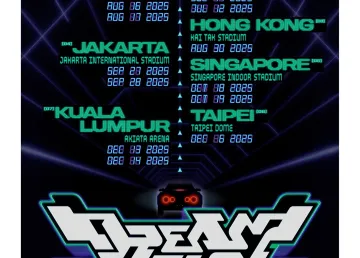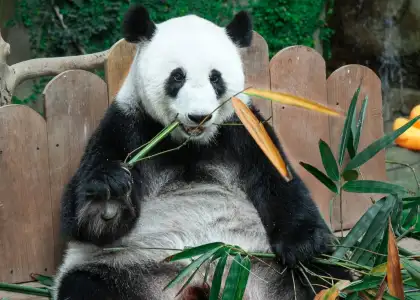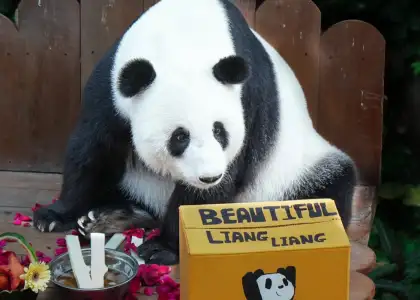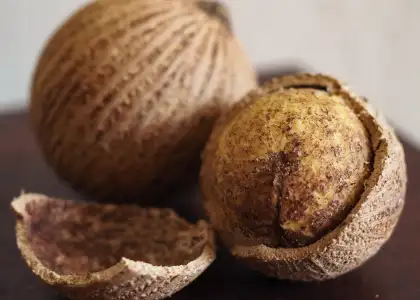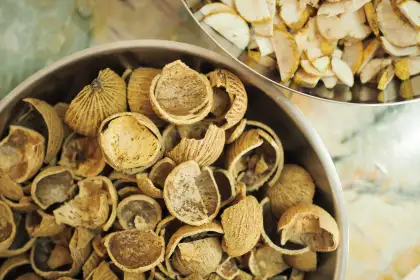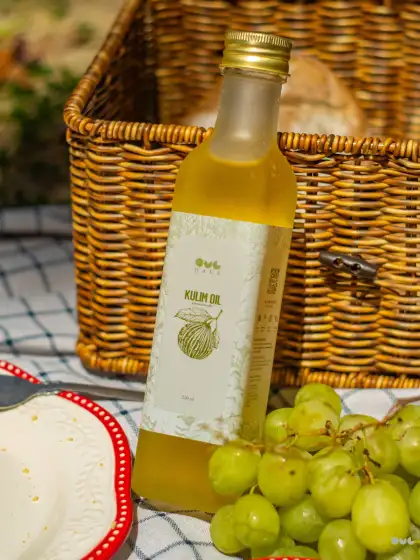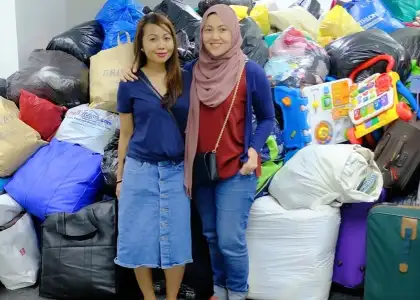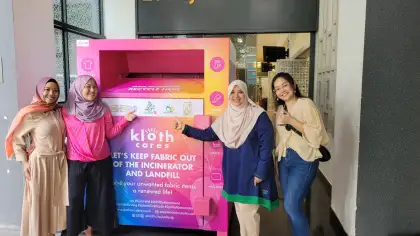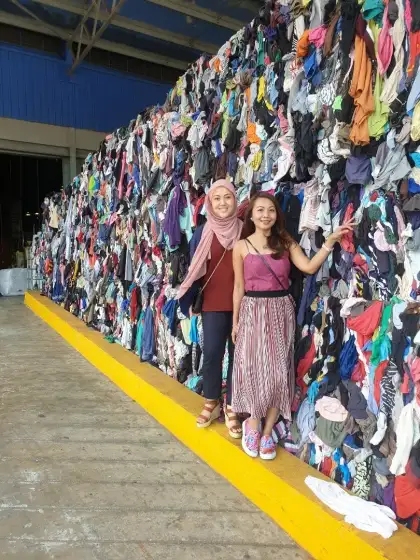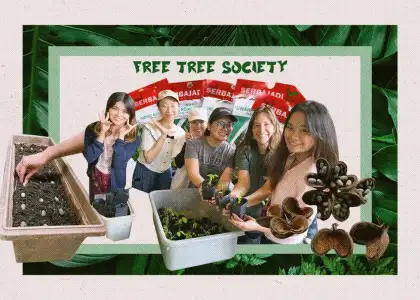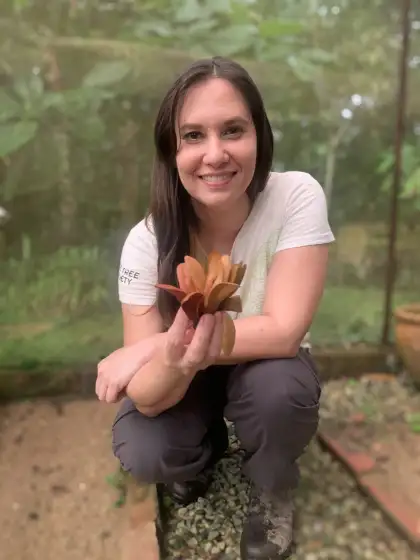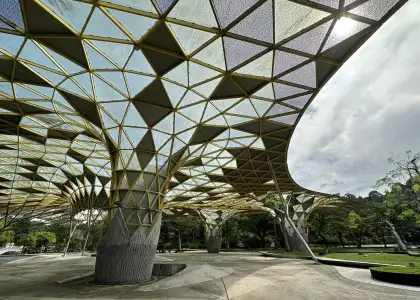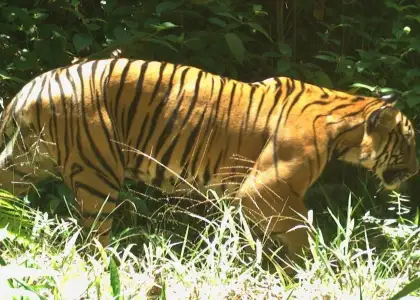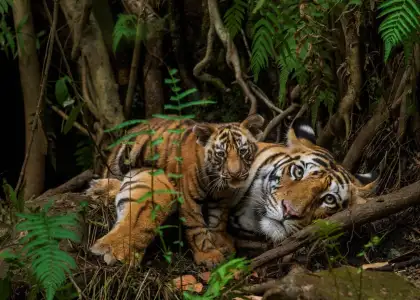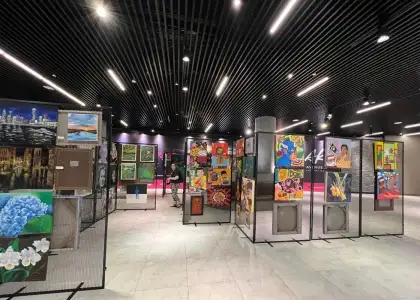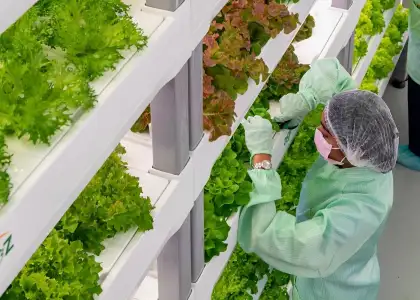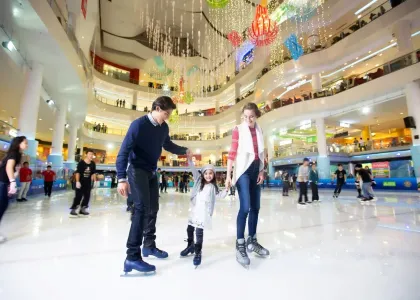Switch to Sustainable Shopping With These Zero-waste Stores in Kuala Lumpur
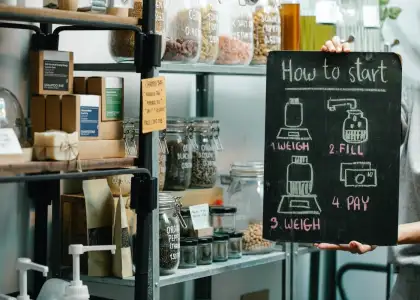
Changing one's lifestyle to a more sustainable one doesn't happen overnight, but little transformations in one's habits make a load of difference, especially when these accrue over time. One of these small changes includes lessening one's waste through the three Rs, or reduce, reuse, and recycle. These days, zero-waste stores are also available in major cities to allow consumers to shop more sustainably by reusing old containers and bottles for their groceries to save on plastic.
In Kuala Lumpur, there are a handful of zero-waste stores that cater to Malaysians who want to make the sustainable switch, from offering whole foods in bulk to dispensing and refilling stations for essential products. Here are five shops you should check out!
The Hive Bulk Foods
The Hive Bulk Foods is regarded as the leading zero-waste store in Malaysia, as well as a Southeast Asian leader in sustainable feminine care. Located in Bangsar, this store was started by Claire Sancelot in a townhouse in 2016 to fill a gap due to the dearth of bulk stores in Kuala Lumpur. The Hive now has five locations across Malaysia, allowing locals, expats, and tourists to shop sustainably for their home staples like groceries, pantry needs, and snacks, as well as accessories, cleaning products, and more. You may also shop The Hive online via its website.
Location: The Hive Bulk Foods, 92A, Lrg Maarof, Bangsar, Wilayah Persekutuan Kuala Lumpur
A Bit Less Bulk Store
A Bit Less is another zero-waste store you should support, as it believes switching to this type of lifestyle is one of the "most impactful" ways you can take to minimise your waste on the planet. Its food and lifestyle products are packageless, which means you have to weigh and place them in your own containers. This way, you never have to buy more than what you need at any given time. Shop for your bulk food here, such as grains, noodles, pasta, and flour, among others; liquid products like oil, vinegar, sauces, and butter and jam; and personal care needs like soap, shampoo, essential oils, face cleaners, and more. Shop A Bit Less online through its website!
Location: A Bit Less Bulk Store, 17 Jalan Ambong 3, Kepong Baru
Basics Mindful Living
Basics Mindful Living believes in the importance of mindfulness towards living a genuine sustainable life. It is at once a mindfulness space, an eco- living store, and a coffee place that offers sustainable and ethical ingredients and products from green and local brands. It has an outreach program to raise awareness about sustainability into the communities, as well as a refill programme that gives back 1% of its profits to non-profit organisations for tree planting and coral adoptions in Malaysia. To learn more about Basics Mindful Living and shop its products, go here.
Location: Basics Mindful Living, G-6 Seasons Garden Residences, Jalan 1/27E Wangsa Maju Seksyen 10
Origin Bulk Store
If snacks are what you're after, look no further than Origin Bulk Store. This shop utilises recycled jars and eco-friendly packaging for its artisan bread, chocolates, dried fruits, nuts, and other grocery items like dried mushrooms, dried seafood, cookies, and more. It also offers eco gifts in the form of hampers and care packs for your loved ones for every occasion – or just because! Aside from its physical store in Sungai Besi, you can also shop Origin's products via its website!
Location: Origin Bulk Store, No. 59-1, Jalan Tasik Utama 4, Medan Niaga Tasik Damai,Sungai Besi
Null Zero Waste Factory
Null Zero Waste Factory was founded in 2019 to change the view that zero-waste products are expensive. Null encourages the public to live the Six Rs (rethink, reduce, refuse, reuse, recycle, and rot), and does not make use of bottles and containers for its products to encourage consumers to bring their own containers at its dispensing spots. Although headquartered in Selangor, Null Zero Waste Factory has multiple dispensing spots across Malaysia, including a couple in Kuala Lumpur. To view its locations in the city, go here and scroll to the bottom of the page.
Location: Multiple
Get the latest curated content with The Beat Asia's newsletters. Sign up now for a weekly dose of the best stories, events, and deals delivered straight to your inbox. Don't miss out! Click here to subscribe.




